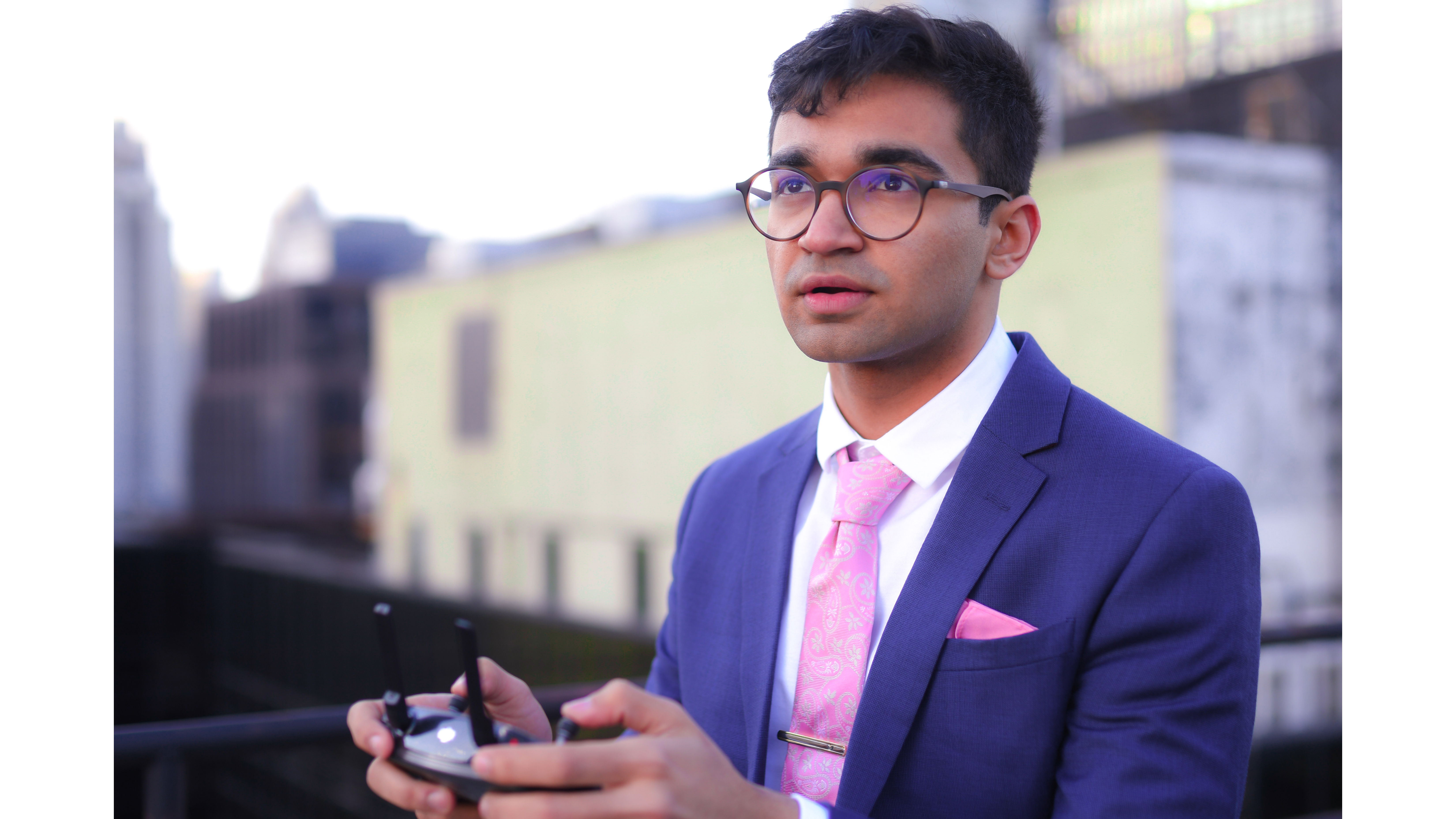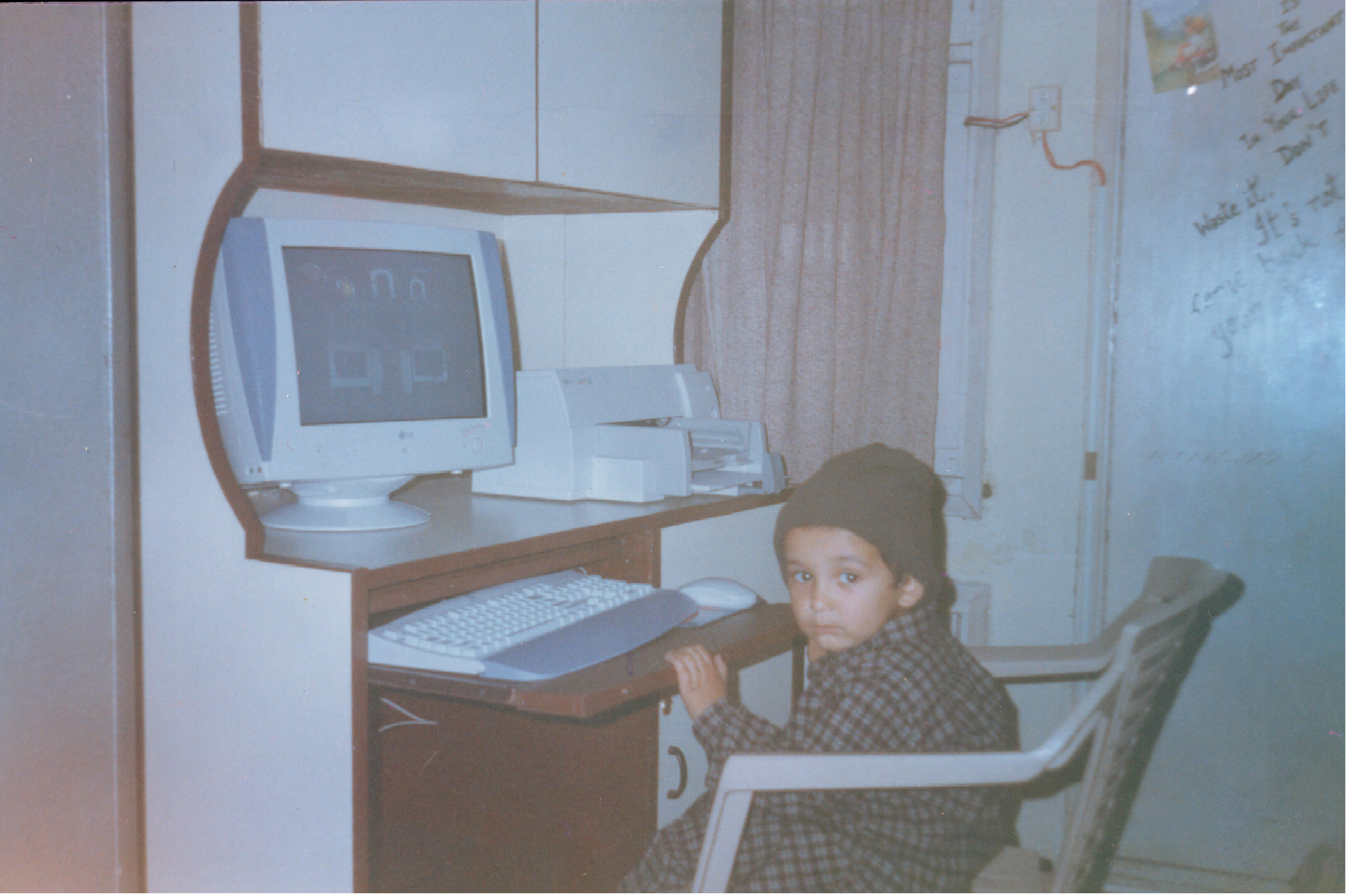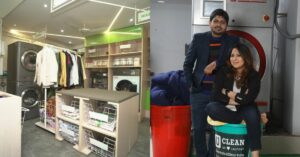18-Year-Old’s Awesome Innovation Lets Those Who Can’t Speak Use Their Breath to Communicate
“I built my first robot that could navigate around the house without bumping into any obstacles. That night a realisation hit me—it isn’t really that difficult to make things, and that was how I was initiated into the world of robotics.”

Have you ever looked at something and wondered if it could be bettered with the help of technology? I do that very often. As a child every time my mother would use the manual coconut scraper I wondered if someone somewhere would invent a machine which could help her, and was ecstatic when my wish came true!
Arsh Shah Dilbagi, an 18-year-old from Panipat not only wished for something to happen but he worked at making it happen.

We, at The Better India, caught up with this young innovator to understand what motivates him and what he intends to do in the future.
They often say that necessity is the mother of all invention. With Arsh that was the case. Speaking about the circumstances that led to his interest in building things, he says, “Being the only child, I was pampered by my parents. I would have a toy before I wanted it or before I asked for it. So, in middle school, like all my friends, I asked my parents for a PlayStation and for the first time in my life I was greeted with a ‘No’.”
“I tried everything and kept pestering them for a month, but this time nothing was working. So I came up with a master plan.”

Arsh requested his parents to get him a robotic kit which could integrate motion controllers and sensors. Knowing that this kit cost way more than the Play Station, Arsh had thought his parents would get him the play station instead.
To his surprise, a few weeks later when he walked into the dining room, the robotic kit was waiting for him on the table.
With barely concealed excitement, he talks about how for the first time he stayed up all night working with the kit.
“I built my first robot that could navigate around the house without bumping into any obstacles. That night a realisation hit me—it isn’t really that difficult to make things, and that was how I was initiated into the world of robotics.”
Arsh also mentions how he never asked for a PlayStation again.
Speaking about his journey, he says, “So far, my journey has revolved around making new things and travelling to new places, and this has given me the pleasure of meeting great people from different cultures and backgrounds.”
“It is amazing to see how different people can look at the same things and present astronomically different perspectives.”

Arsh has been in the news for developing a device called ‘TALK,’ which works by translating breath into electric signals. This idea struck Arsh when he was visiting his doctor’s clinic. He met a patient there who because of having suffered a stroke had lost the ability to speak. His plight moved Arsh, and he started working on the device.
He says, “While developing this device the only thought that kept me going was that till the time one is breathing they should have the ability to truly live.”
TALK is essentially an Augmentative/Alternative Communication (AAC) device for people suffering from Developmental-Disabilities. Talk expects a person to be able to give two distinguishable exhales (by varying intensity/time) for converting them into electrical signals using MEMS Microphone.
The signals are processed by a microprocessor and labelled as ‘Dots’ (for short exhales) and ‘Dashes’ (for longer exhales.)

These are further interpreted as Morse Codes, converted to words/sentences and sent to another microprocessor for synthesising. Talk features two modes—one to communicate in English and other to give specific commands/phrases and has nine in-built different voices and accents.
For Arsh, this is just the beginning. He says, “I never start with an idea or a business plan, I always start with a problem or more importantly a purpose. Why do I want to solve this problem? Most projects I have worked on in the last couple of years has been quasi-research projects and takes a really long time and a lot of setbacks to finally fall into place.”
We wish this young innovator all the success. May he continue to make us proud!
Like this story? Or have something to share?
Write to us: [email protected]
Connect with us on Facebook and Twitter.
NEW: Click here to get positive news on WhatsApp!

Similar Story

Laundromats in India? Couple Built Rs 100 Crore Biz Washing Dirty Linen Across 100 Cities
Faridabad’s Arunabh Sinha and his wife Gunjan Taneja launched UClean in 2017 to set up an organised laundromat service in India. Currently, they are spread across 100+ cities and have 350+ outlets across the country.
Read more >
If you found our stories insightful, informative, or even just enjoyable, we invite you to consider making a voluntary payment to support the work we do at The Better India. Your contribution helps us continue producing quality content that educates, inspires, and drives positive change.
Choose one of the payment options below for your contribution-
By paying for the stories you value, you directly contribute to sustaining our efforts focused on making a difference in the world. Together, let's ensure that impactful stories continue to be told and shared, enriching lives and communities alike.
Thank you for your support. Here are some frequently asked questions you might find helpful to know why you are contributing?


This story made me
-
97
-
121
-
89
-
167












